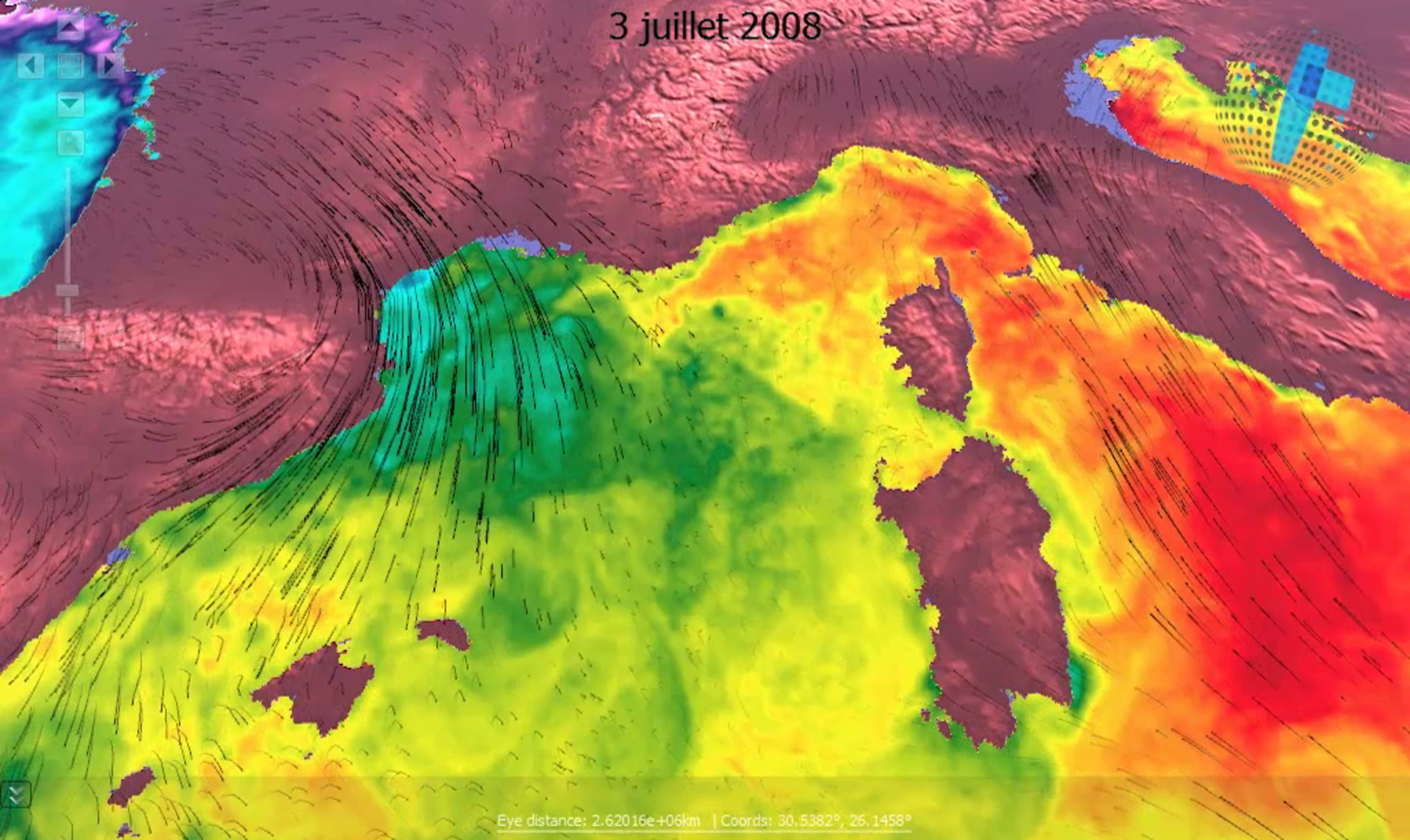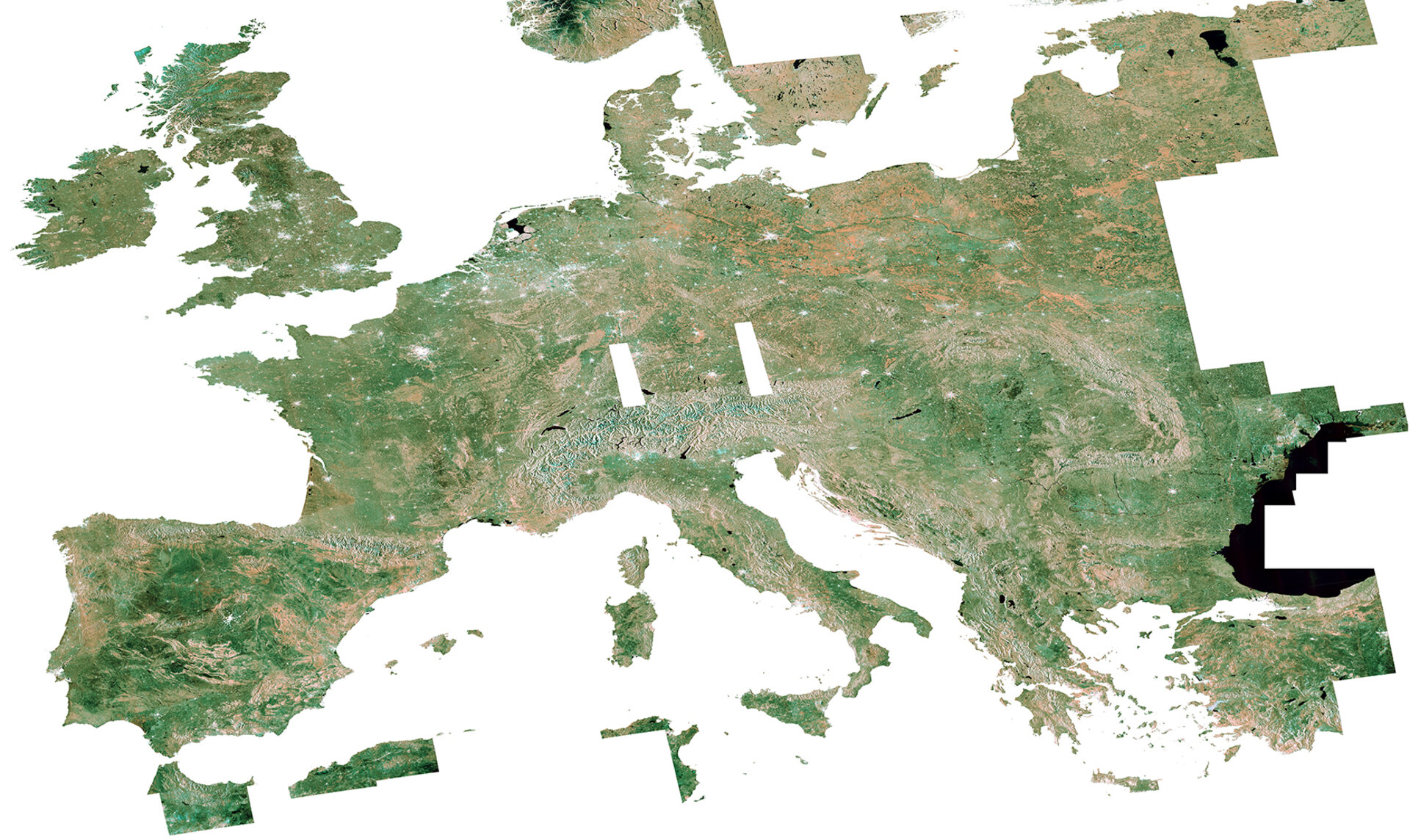Launch of Earth observation open science 2.0
How can Earth observation research explore the new challenges and opportunities created by the rapid advances in information and communications technologies?
The world of Earth observation data is swiftly changing, driven by the availability of open data and by the rapid advances in digital technologies, which can be used for their exploitation.
The first Earth Observation Open Science 2.0 conference, organised by ESA, explored and discussed the emerging challenges and opportunities faced by the Earth observation scientific community, with the objective of gathering feedback on new trends and practices by next-generation scientists.
Open tools and software, data-intensive science, virtual research environment, citizen science, advanced visualisation, e-learning and education of the new generation of data scientists were covered at this Community Consultation Meeting at ESA’s centre in Frascati, Italy on 12–14 October.


Access the video
“This first EO Open Science consultation convened over 250 young EO scientists concerned with community building, organising citizen participation and involved in innovative science projects,” stated ESA’s Yves-Louis Desnos, also main organiser of the conference.
“They have been presenting state-of-the-art projects, via videos and live interactive demonstrations, contributing to jam sessions on challenging societal issues and debating live on the ESA web channel and social medias.”
Highlights include generating a mosaic of Europe from Sentinel-1 data and citizen science projects monitoring air quality using your smartphone.
A first Hackathon will follow on 15–16 October for developers interested in contributing to the popular open source ESA SNAP toolbox, for multimission data exploitation.





